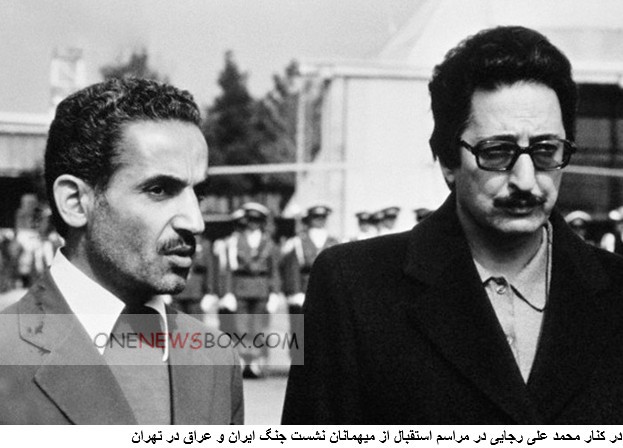The Majlis impeached Banisadr in his absence on 21 June 1981, allegedly because of his moves against the clerics in power, in particular Mohammad Beheshti, then head of the judicial system. Even after decades in exile, Banisadr remained deeply engaged with politics and global discourse on democracy and human rights. He frequently commented on current events, critiquing policies of the Islamic Republic while urging reform through peaceful and democratic means.
Banisadr warned against authoritarian consolidation and emphasized that true stability could only come through inclusion, transparency, and respect for civil liberties. Through his writings and interviews, he influenced younger generations of activists, reformists, and scholars both inside and outside. Many dissidents cited his courage and vision as inspiration for continuing the struggle for democratic governance. Banisadr participated in conferences and seminars worldwide, raising awareness about the challenges facing and advocating for international attention to human rights issues.

